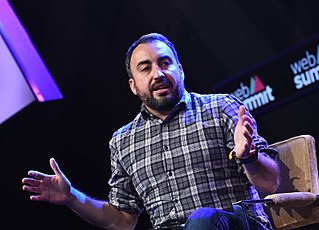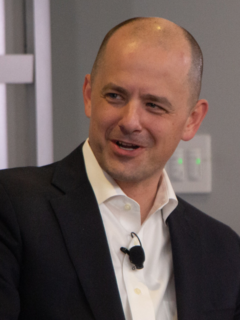A Quote by Mikko Hypponen
Stuxnet, Duqu and Flame are not normal, everyday malware, of course. All three of them were most likely developed by a Western intelligence agency as part of covert operations that weren't meant to be discovered. The fact that the malware evaded detection proves how well the attackers did their job.
Related Quotes
We in the FBI have created a malware repository and analysis tool known as the Binary Analysis Characterization and Storage System, or BACSS, which provides near real-time investigative information. BACSS helps us link malware in different jurisdictions and paint a picture of cyber threats worldwide.
Defending against military-strength malware is a real challenge for the computer security industry. Furthermore, the security industry is not global. It is highly focused in just a handful of countries. The rest of the countries rely on foreign security labs to provide their everyday digital security for them.
The most fundamental challenge of the anthropocene concerns agency. For those who lived the Enlightenment dream (always a minority but an influential one), agency was taken for granted. There were existential threats to agency (e.g., determinism) but philosophy mobilized to refute these threats (e.g., by defending libertarianism) or to defuse them (e.g., by showing that they were compatible with agency).






























